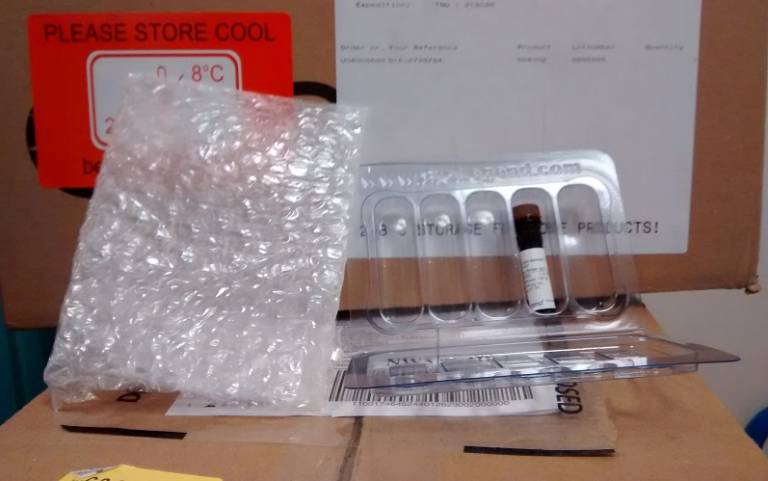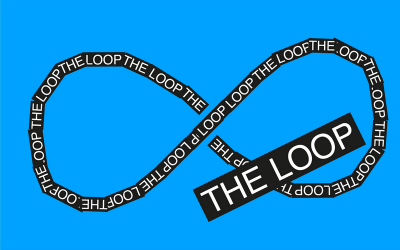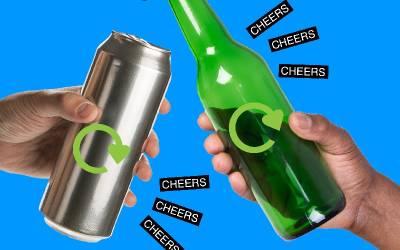UCL Lab Manager documents packaging to get suppliers to reduce waste
Persistence from one lab manager encouraged lab suppliers BD and Life Technologies (Life Tech) to change their company’s packaging practices.

26 March 2019
One of the most common sustainability complaints from laboratory staff and students is that small items e.g. dry ice arrive in copious amounts of unnecessary packaging with non-recyclable polystyrene. Laboratories are responsible for disposing of this waste, costing UCL and the environment.
Eira Rawlings, Lab Manager at the Royal Free Hospital in the UCL Division of Infection and Immunity, grew frustrated with the excessive waste provided by suppliers. In particular, the deliveries of antibodies from companies BD and Life Technologies (Life Tech), which despite being no bigger than a thumb, arrived in boxes the size of baskets.
While recognising the need for protection, the waste was excessive.
Eira took action by recording and sending photographs of the unnecessary waste to BD and Life Technologies with recommendations for alternative packaging.
Eira however believes there is still more to be done:
“Roughly we receive 3 boxes per day from BD, a few now are coming in envelopes which is a positive step, albeit with more to do!”
While sustainable antibody packaging is not yet universal, the switch to envelopes will reduce packaging, delivery and waste costs. With continued pressure from users, we hope that companies will continue to standarise this good practice.
Next steps
This story highlights the positive impact we can have if we engage with suppliers. An increasing number of companies should be commended for their efforts in reusing and recycling packaging (NEB, Promega), consumables (Fisher glass Winchester reuse) and associated components e.g. tip-boxes (Starlabs).
But there is more to be done!
Manufacturers will listen, particularly if there is social media pressure. Such recycling schemes will raise the profile of a company – a recent example is with 2BScientific, which started a short-lived ice-pack recycling scheme.
Due to its overwhelming popularity, 2BScientific had to stop it as there were simply too many ice-packs being sent back, but the company noticed a rise in tweets and coverage when it was initiated.
Please contact UCL's Sustainability Labs Advisor Martin Farley to make sustainability improvements to your lab.
 Close
Close



